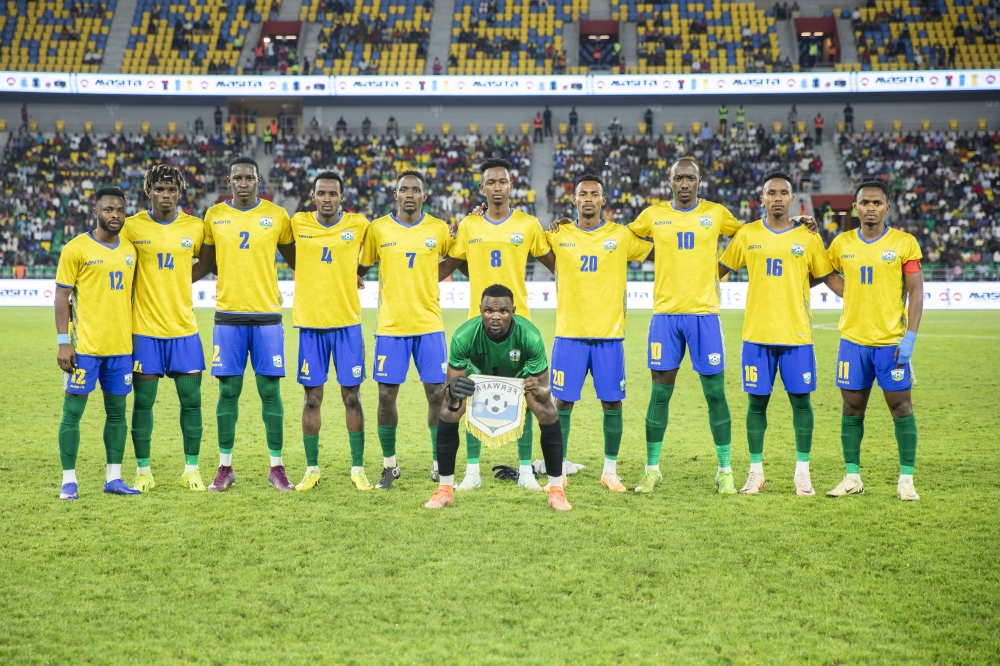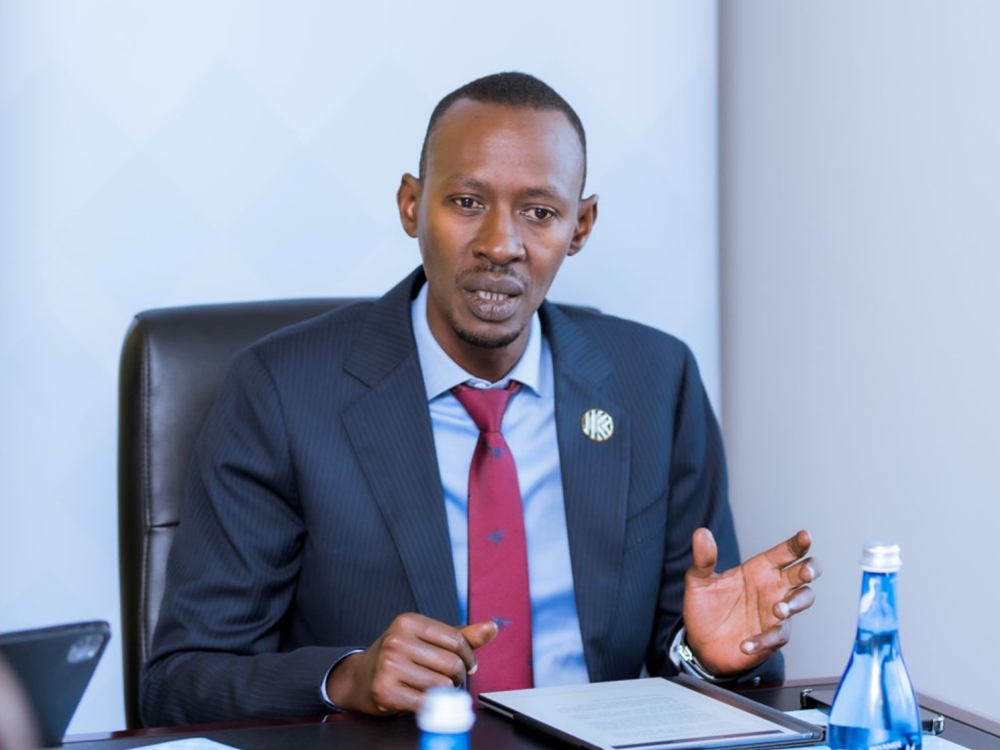The University of Rwanda (UR) College of Science and Technology (CST) is collaborating with the Abdus Salam International Centre for Theoretical Physics (ICTP), in Italy, to host a space science workshop in Kigali on July 11.

The University of Rwanda (UR) College of Science and Technology (CST) is collaborating with the Abdus Salam International Centre for Theoretical Physics (ICTP), in Italy, to host a space science workshop in Kigali on July 11.
Dr Jean Uwamahoro, from the Math and Physics department of UR’s College of Education, the majority of those to attend are from the Eastern Africa region.
"Trainers are professors, lecturers from Africa, US and Europe and are experts in the domain of space science. Trainees are mostly African students who have chosen a career in space physics or space science.”
The workshop dubbed African School on Space Science: Related Applications and Awareness for Sustainable Development of the Region, will be held at the UR headquarters, in Mburabuturo.
The workshop will cover topics related to the physical phenomena of the solar-magnetosphere-ionospheric coupling and its impact on the near-Earth space environment including Space Weather and near Earth climate.
This, organisers say, is of critical importance due to the potential impact of space weather on communication and navigation technologies.
"All students involved are majoring in physics and were selected on the basis of their class performance and their prior involvement in space related activities,” Uwamahoro said.
Shedding light on how the workshop or solar-terrestrial physics is important for the common man, Dr. Uwamahoro said it is critical to understand that the sun is like our ‘’god’’, since "without it, there would be no life at all on this planet.”
"The sun has got a cyclic, eleven-year solar cycle. Often when the Sun is at its peak maximum activity, more solar storms from it, that is, very high energetic particles in huge masses, can severely affect the various modern technological systems on which we depend.
"Many Rwandans now use cell phones, electric power, and internet. We are now enjoying the World Cup soccer due to the advancement in Satellite technologies; we need to travel by air, and so on. All of these are examples of systems that can be severely affected during severe solar storms. A public talk will tackle these issues.”




